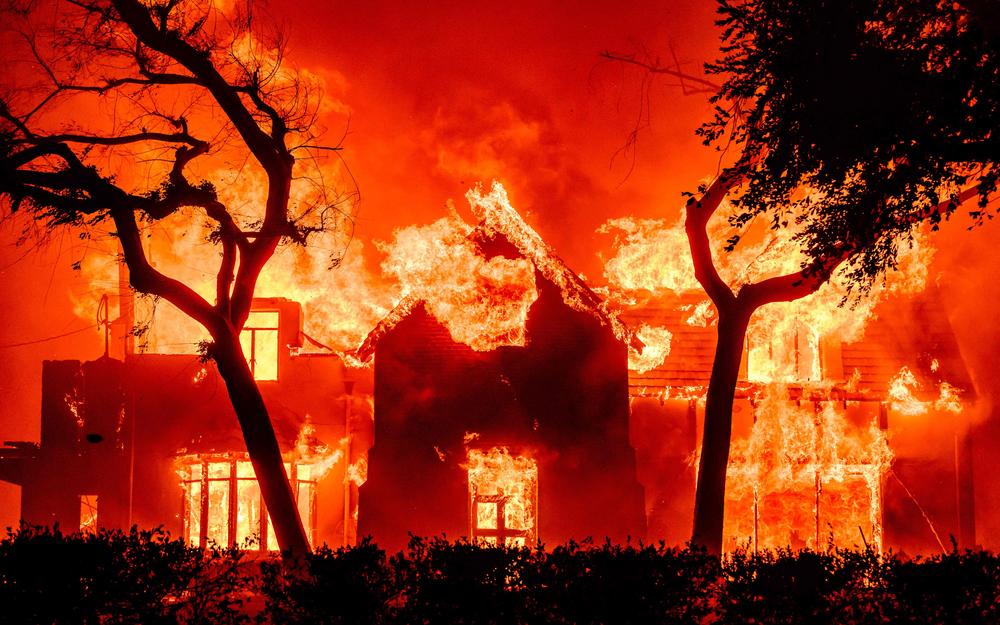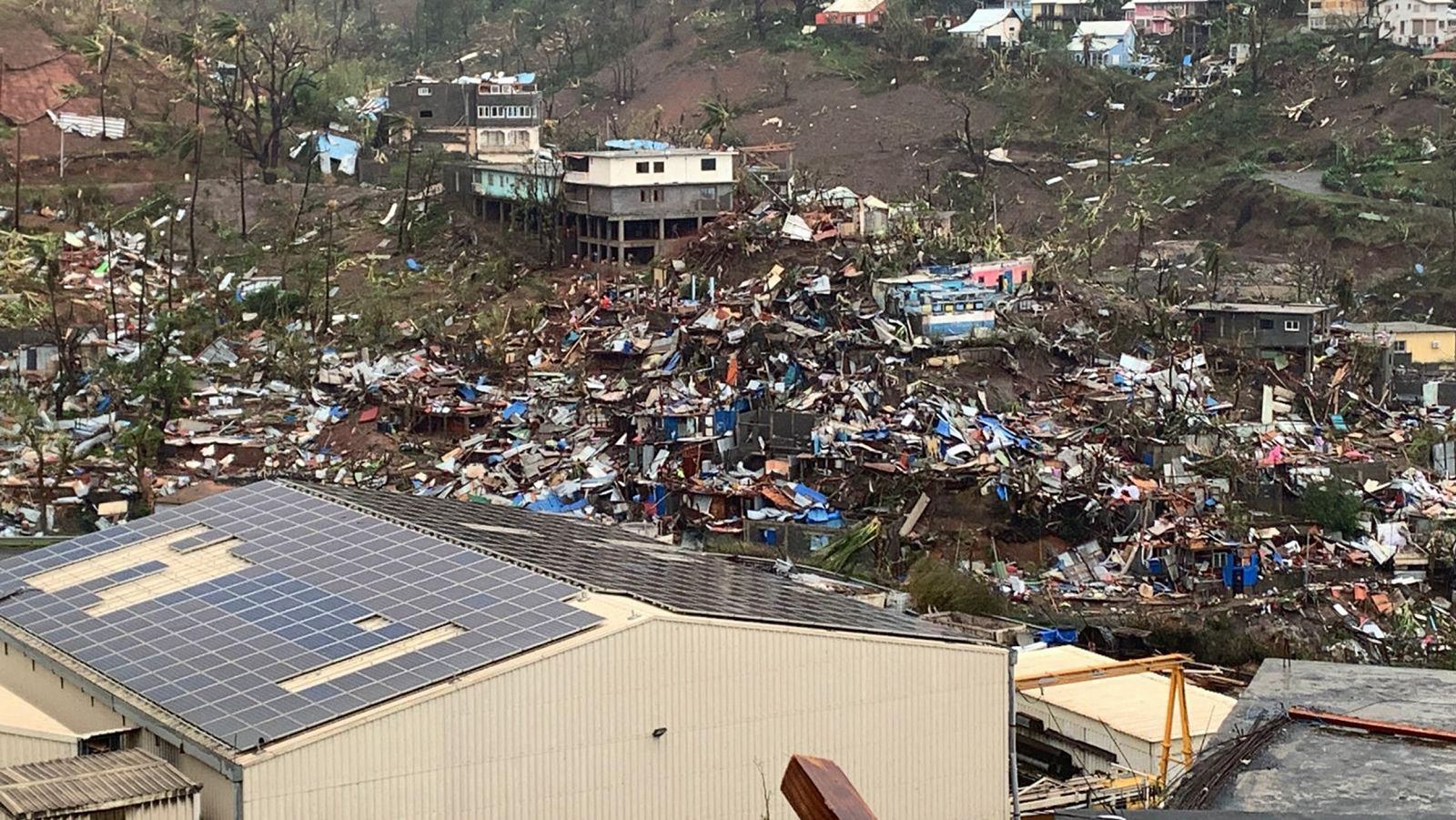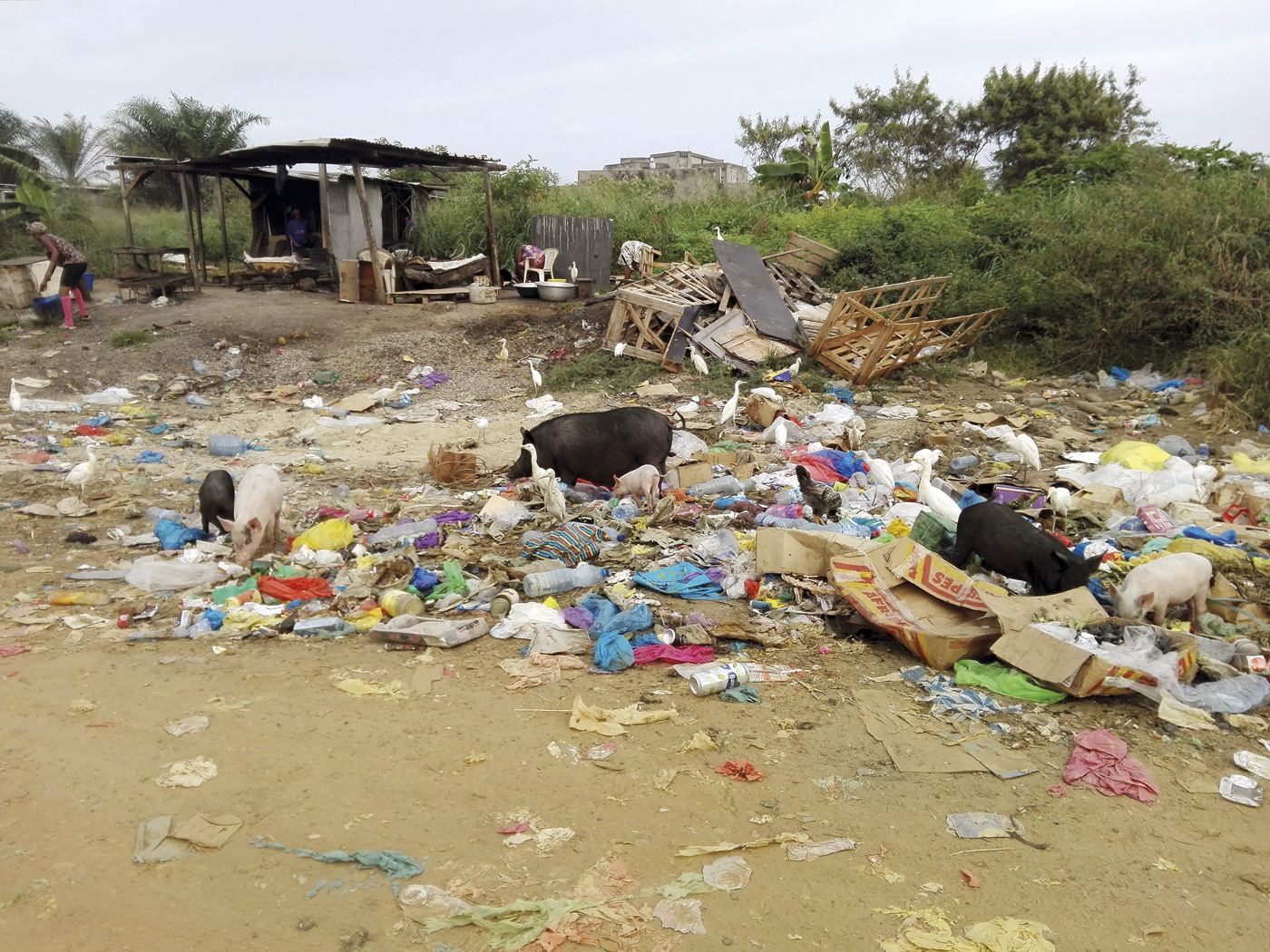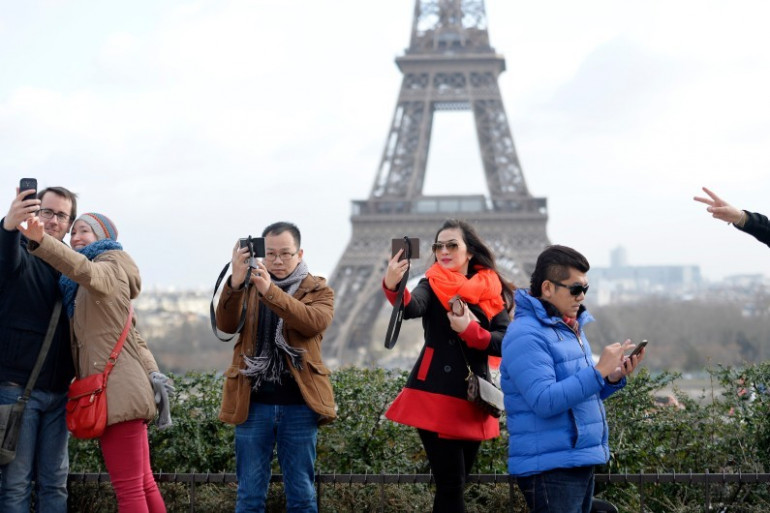Ecological emergency, a story centered in the West
- Economist Thierry Amougou, based in Cameroon, is a professor at the Catholic University of Leuven, Belgium. L’Esprit du capitalisme ultime: démocratie, marché et développement en mode kit [The spirit of final capitalism: democracy, market and development as a kit](2019), has been published in the journal Alternatives Sud, with the title Occidentalo-un, in which Centre Tricontinental, one of the classic references in anti-colonialist thinking.
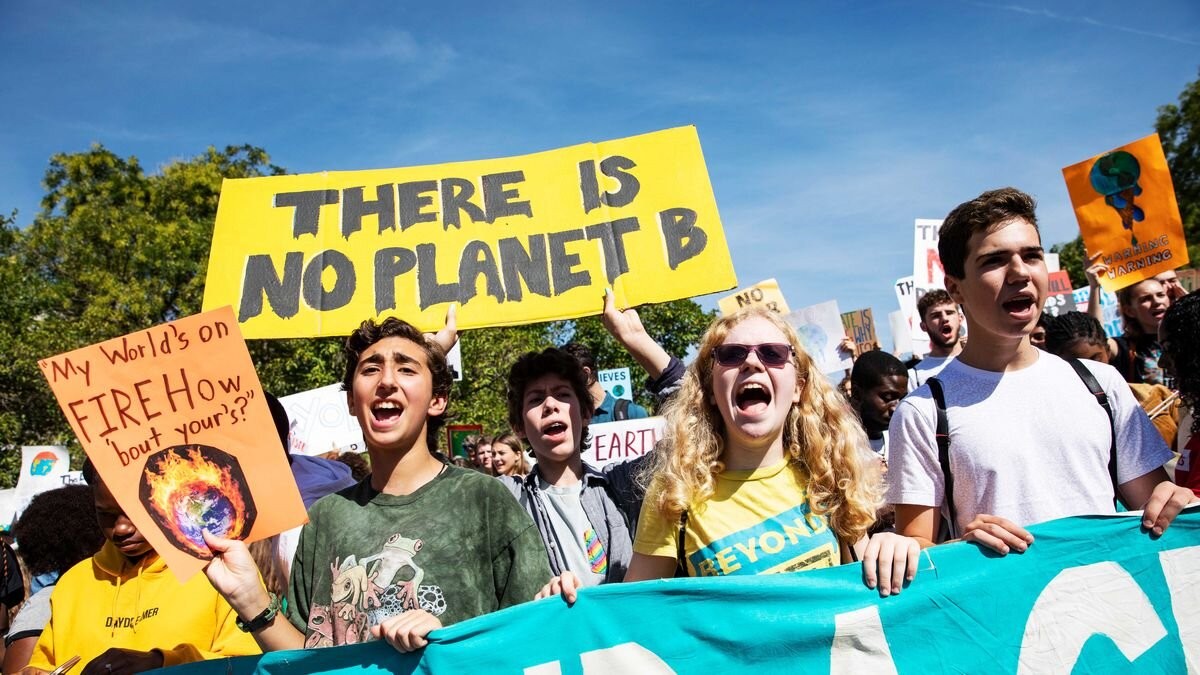
The “climate concern” and the privilege of mobilizing in its favour is uneven between the North and the South. On the one hand, the emissions of the opulence of the rich [CO2] and on the other the emissions of the survival of the poor, the history of capitalism and colonial oppression has given birth today the techno-scientific hegemony that defends the need to save the ‘climate of the world’ and also the climate skepticism that is its reverse. They are concerned about the ecological emergency which has so far taken advantage of it and not the first victims.
What generation, what race, what nationality is the climate? This question, even if it seems ridiculous to insignificant people, is of great importance if you read the “climate generation” – mobilisation organised by Western young people in favour of climate – with a full gauge of global history, that is, if you take into account that the West is nothing more than a part of the world, without hearing all the stories of the rest you cannot understand the problem but half.
All “climate generation”?
Climate warming is not just a matter of rising temperature: it is, above all, a sign of the declining or negative performances of the modernization process that is taking place both in the West and in countries outside. The concept of “climate generation”, if we abandon the demographic definition and study it from a perspective of civilization, can be understood as: A greater awareness of the climate that has generated the Western techno-scientific civilization in many Westerners today.
They are concerned about the ecological emergency which has so far taken advantage of it and not the first victims. What generation, what race, what nationality is the climate?
Proof of this is that in Africa, Central Asia or Latin America their schoolchildren, high school students, university students, researchers and politicians are not mobilized by climate. There, the construction of the scientific culture on the ‘global climate’ does not feel so suffocating, although there is sensitivity. In these territories, the demands relating to the environment are reflected in the struggles that the people and peasants are fighting to preserve their lives. As a result, while Europe’s ‘climate generations’ condemn life in the West, non-Western societies struggle to protect their old ways of life from the burglaries of capitalism.
Is the present technoscientific approach to the world climate not, therefore, a historically social, geopolitical, economic and political approach? Is it realistic to talk about this multidimensional approach without at the same time calling into question the political, economic, environmental and ecological categories of the ‘global climate’? The concept of ‘global climate’, which structures the world with its technoscientific character, provides an understanding of climate policy, but conceals the different oppressions, exclusions, inequalities and social and cultural discriminations that have occurred within the dynamics of historical capitalism, which have turned the global climate into a serious problem.

‘Butterfly effect’
As far as capitalist theft is concerned, one of the main causes of the flooding of the climate is that suffered by several generations in Africa, Latin America and Central Asia. If, following the theory of chaos, it is said that a butterfly's blasts can cause a whole system thousands of kilometres away to tremble, how should we compensate for the insanity of the climate caused today by colonialism for not protecting indigenous fauna, vegetation and civilisation?
Does the ‘global climate’ analyze how intergenerational justice should be organized for the benefit of non-Western societies? Can the Green Climate Fund (GCF), the United Nations Fund to Help Poor Countries Cope with Climate Change, being so empty from within, be used to meet such a size objective? “I am 17 years old and the fear of climate change moves me,” Anuna De Wever told the media. The fear of this militant, who is leading the mobilizations in Belgium, will never spread in the non-Western regions, if the young people of his age are afraid, above all, of going to sleep without satiating their hunger, of not having potable water, of not being able to go to school, of not having protection or of becoming child soldiers.
How can we defend the world’s climate together when thousands of young people and children drown with their parents, devoured by the Mediterranean, while other young people and children are demonstrating in Brussels, Paris or Quebec with their parents and teachers?The Youth For Climate movement cannot succeed in basic, pre-materialist issues in the missing countries, because this post-materialistic concern seems to them to be a post-materialistic concern. The problem is not that the concern has no basis, but that our thinking is concerned about the emergence of the climate when it is freed from the anguish of everyday deficiencies: With a hungry stomach, little weather!

Privilege of “climate concern”
Poor peoples and their populations are doomed to double punishment. Because, in addition to living on Earth where the climate is going crazy, what do the ‘generations of favelas’ of South America and the ‘generations of climate’ of Europe have to do with it? The poor young people of Latin America and South America on the planet in general will pay the high price of the crazy climate, very different from what the ‘climate generation’ of Europe will pay. Do Congolese children, often buried alive in artisanal mines for the supply of Western multinationals, have the privileges of ‘worrying about the climate’ when they have to make the hardest to collect a salary?
Generational injustice should not only lead us to reflect on the future, but also on the past and the present. Africa is now being asked not to continue on the path of ‘entering civilization’, when it has not become the owner of development and, moreover, has lost the life paradigm that had characterized in that My African Journey written by Winston Churchill when he was Secretary General of the colonies.
Churchill described fascinated the giant piles of multicolored butterflies he met in East Africa in 1907. The present world intends to recover this African diversity as a sign of the good ecological health of a biotope, ‘butterfly paradigm’. That is, after Churchill had ‘civilized’ Africa in 1905, now Africa is called upon by the world to ‘decivilize’. But what generation has to pay the debt of the African butterflies destroyed by capitalist modernization? ‘Three glorious decades’ [II. The generations of grandchildren of those Europeans who knew the era of economic prosperity after the World War or those of the Africans who were hanged for passionately defending the ‘butterfly paradigm’ that was theirs? How can we reconcile two different generations of climate cuts when their lifestyles are so opposing?
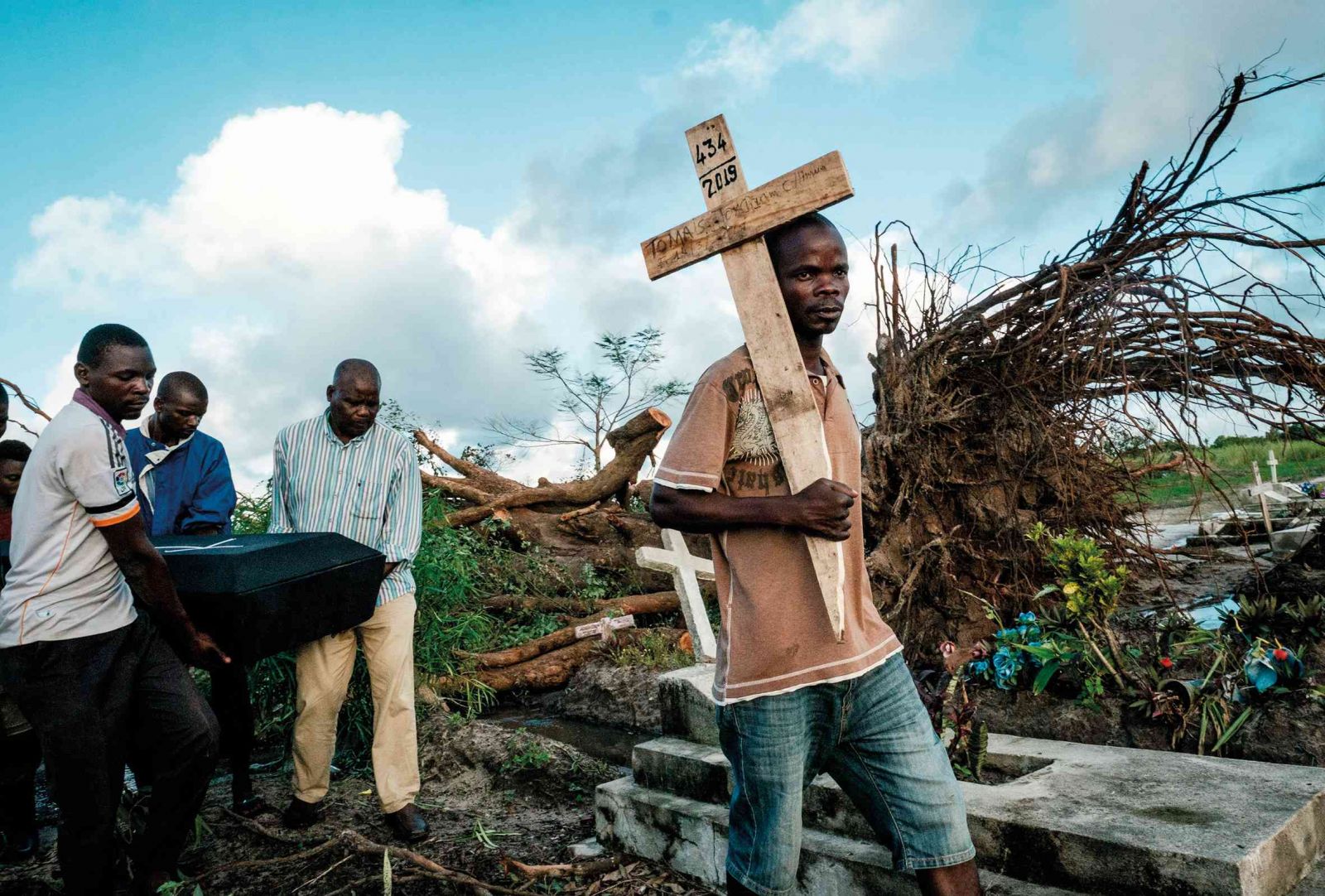
Everyone on the same boat, but there was no room for everyone on lifeboats.
The slave trade surpassed in the Atlantic at the beginning of mercantilist and industrial capitalism shows that capitalism used as fuel various rationalized populations: Indians, Blacks and Yellows. A good example of this is the ‘Black Surinam’ that Voltaire exhibits in Candide, whose hands and feet amputated were the fuel and the stimulus to produce with total dependency.
‘Surinamgo beltza’ shows that the racial component has existed within capitalism for centuries because of the social inequalities that have destroyed the necessary balance between the environment and the economy. If capitalism used blood as a mortar or cement, murder, hanging and slavery, in a world that has been transfigured by capitalism today reappear as ghosts in the climate problem, in which the philosopher Achille Mbembe spoke of raison nègre (black reason).
Today's climate problems are the environmental effects of interannual relationships between Whites and Blacks, Whites and Reds, and between Whites and Whites. In these binomials the second ones – Blacks, Whites, Reds, Yellows… – have not only suffered oppression, contempt and subjugation, but also trampled upon and destroyed their own culture and relationship with the environment the instrumental use of Western capitalism towards nature.
This historical rationalization of capitalist production in favor of the whites is still reaffirmed today, since those who denounce the emergence of ecological disasters are mainly the winners of the racial relations of capitalism. Those who mention little or nothing the problem are the losers of the rationalized historical relationship, those who live drowned in the headaches of the need to survive every day. What are today’s ‘Surinamgo Beltzak’ about capitalist production and the ‘climate problem’ it has generated?
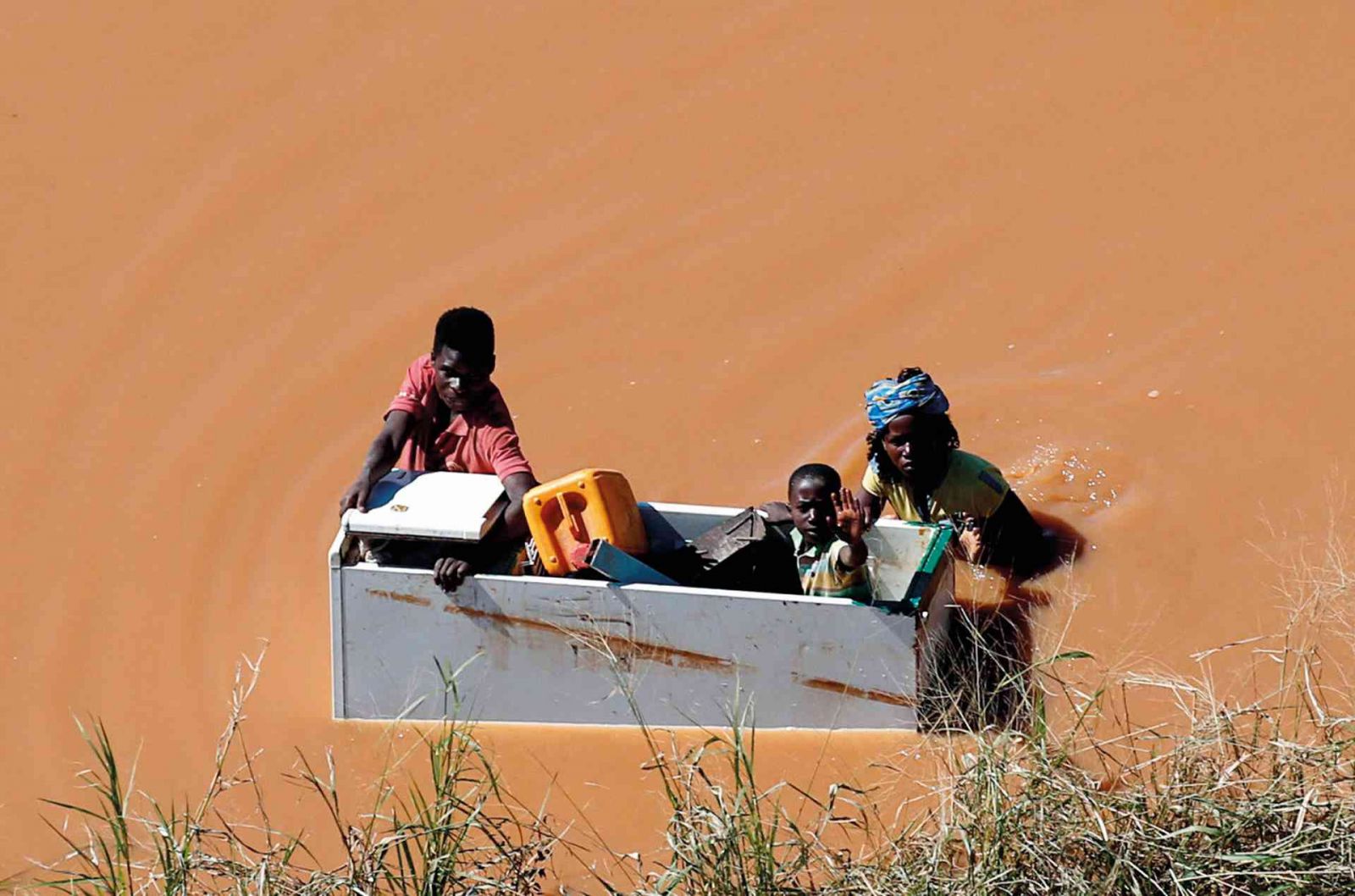
Nationality of the global climate
‘Pachamama’, Ama Lurra, ugazama [nutritive loves?... In the original Mere nourricière], this is how the Earth is named by the indigenous people of Latin America. Since the issue of climate is free from borders, policies for its preservation should take into account a single Earth, a single people, a single nation: so Earth-nation would be the nationality of the climate. Today, the economy, culture, politics and dynamics of migration do not show, much less, that the world is the Pachamama of all of us.
"The speech suggests that we all go on the same boat but not all have access to lifeboats (...) we go on different floors, some in the first class and others in the second"
Migrants come to Europe thinking not only that here social, political and economic security is better secured, but also that this continent is not in the same Earth-nation as its homeland. In return, if Europe is consolidating itself as a fortress, it means that many Europeans want to protect their culture and welfare state, if any. Consequently, the conferences refer to the need for everyone to become a single nation to preserve the climate, in ideas it is mentioned, but much less in real political behaviour. If these are analyzed in the field of migration, it is observed, in particular, that the climate has several nationalities.
On the one hand, the poor think that in the North the economic, political and social circumstances allow climate warming to suffer less; on the other hand, the countries of the North want to protect their political, social and economic conditions in order to be able to better withstand the effects of climate warming than the poor of planeta.Este discourse suggests that although we all live on the same boat, we do not all have access to lifeboats. Practice shows that we go on different floors during this journey, some in the first class and others in the second.
Since Earth is not considered a single nation, we have several climate models at once. Following Samuel Huntington’s ideas, the ‘global climate’ is the war between different climate approaches. Father Bush launched at the Rio Earth Summit in 1992 “Our way of life is not business!” and Margaret Thatcher launched in 1980 “There is no alternative!”, both are part of the same model of civilization, the problem of climate in a model subjected to an identity of civilization, capitalism. In other words, the nation and its example of life are unalterable despite the warming of the climate: in this approach, the cost yields of climate policy are argued in terms of identity.
Then we have the ‘mestizaje’ or ‘creolization’ mentioned by Edouard Glissant. It does not mention the clash between different climate perspectives, but its miscegenation can lead us to Pachamam, the nation of the global climate. Finally, like Achille Memp, we can highlight the ‘black’ future of the world [becoming nègre du monde]: that climate is the paradigm in which all humans will have the ‘black’ climate warming, the ‘Black of Surinam’ climate, which will have to travel on the ground floor of the boat of neoliberal climate policies.
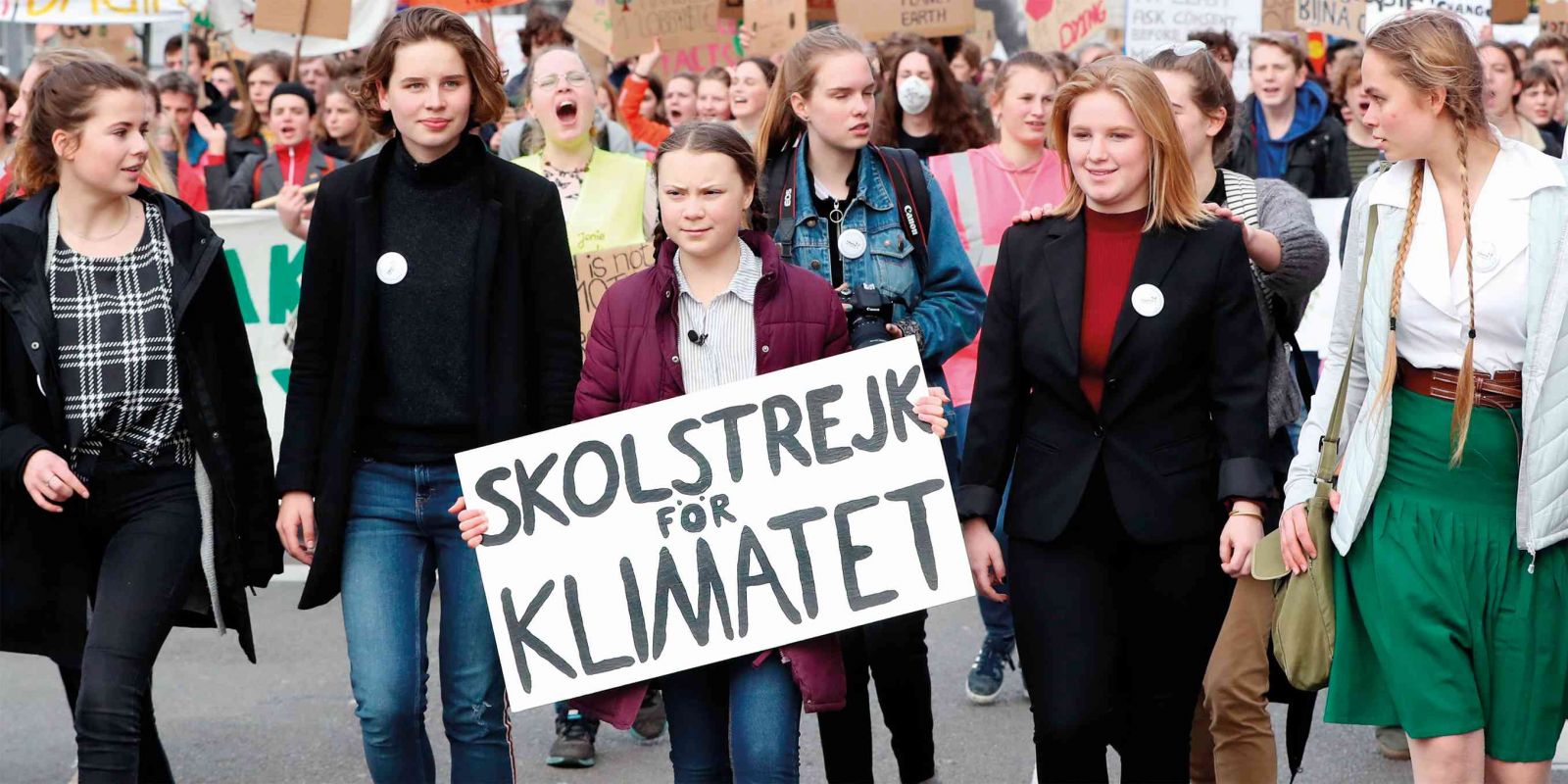
West-centered story
The so-called ‘global climate’ carries with it several conflicting rationalities. Showing in the skin the heroism of reason and the appearance of technoscientific hegemonism, it fundamentally rejects and phagocytes the pre-scientific visions of non-Western cultures on climate, but to open the doors to them. The first peoples, who with their lives have cared for the two lungs of the planet – the Amazon and the Gulf of Guinea- have local knowledge that never appears in the reports of the Intergovernmental Panel on Climate Development (GIEC).
Have the mathematical and physical models of the North not destroyed the past of an indigenous people? How are the emissions emitted by the North in their prosperity and those emitted by the South in order to survive accounted for? If every region of the world had a climate model compatible with its culture and its problems, the United States today would have climate skepticism as its main argument. Here there is a certain democracy of opinion about climate warming that contradicts scientific rationality and democratic rationality: in the name of a democracy of opinion, it is possible to give for truth those scientific evidence that has shown lies or inventions. The West therefore faces two rationalities. One shows that climate warming exists, but the other denies it and prevents climate agreements.
"The Youth For Climate movement cannot succeed in countries where basic and pre-materialist issues are lacking, because in them this mobilization seems to them to be a luxurious post-materialist concern"
Doesn't this happen because what we call science is related to values? Evidently, GIEC chemists, physicists, mathematicians and statisticians have values that put an end to the organization of the parameters of their models. These models are often global, but they have been built by Western people (21 of the 27 GIEC models have been created by American scientists) and their culture cannot remain at the threshold of the equations.
Objectivity is the instrument of power from the beginning of modernity and the West is the one that decides and regulates the ‘global climate’ and the forms of objectification of associated policies. The story of the ‘global climate’ is still fully centered to the west. And it hides that this term carries within itself, legitimizing, today, colonial and evolutionary classifications: traditional versus modern society, community and society, nature and culture, ethnology and sociology, history of the West – as a scientist, universal – and visions of outside the West, as if they were not scientists.

There was no one or all. That we all suffer at least if the necessary changes are not made so that no one suffers the climate emergency. You – reader – I – Jenofá-, they – poor – and they – rich. The fires in Los Angeles did not give me satisfaction, but a sense of... [+]
The understanding and interpretation of the mathematical language is what is important in the learning process, at least it is what we say to our students. The language of mathematics is universal, and in general, the margin of error for interpretation tends to be small. We... [+]









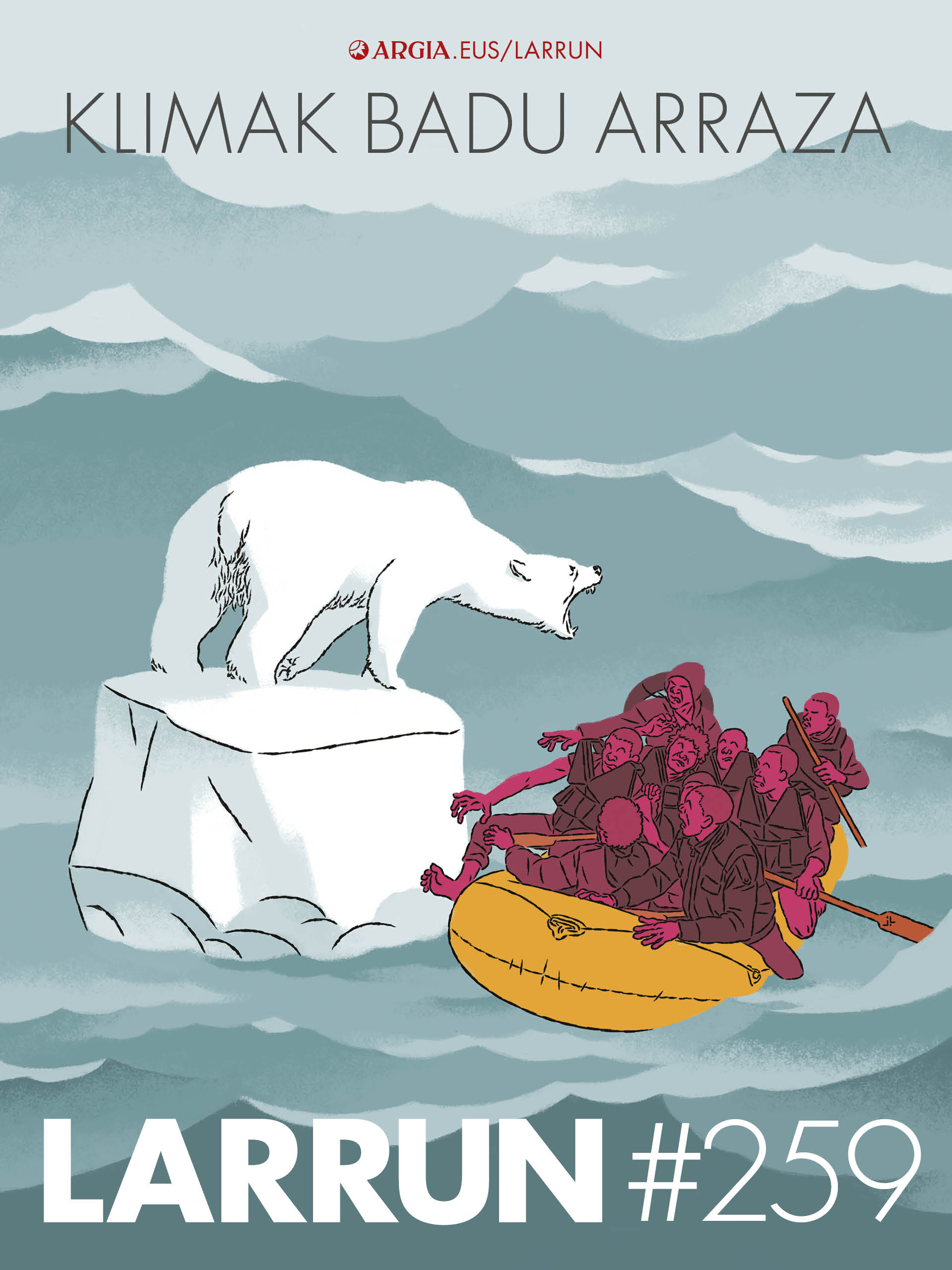


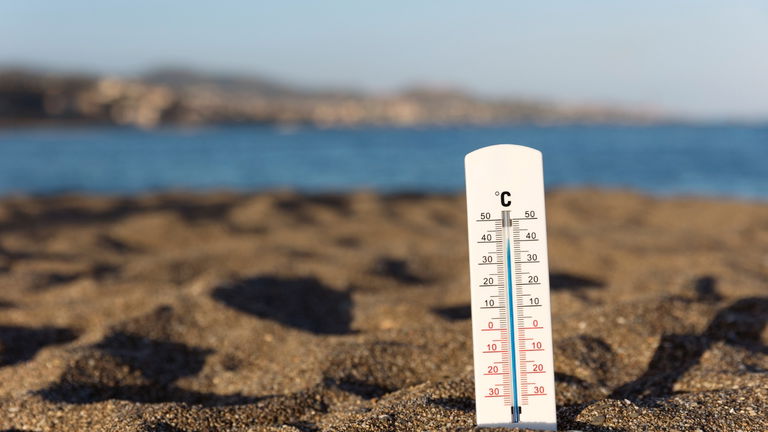
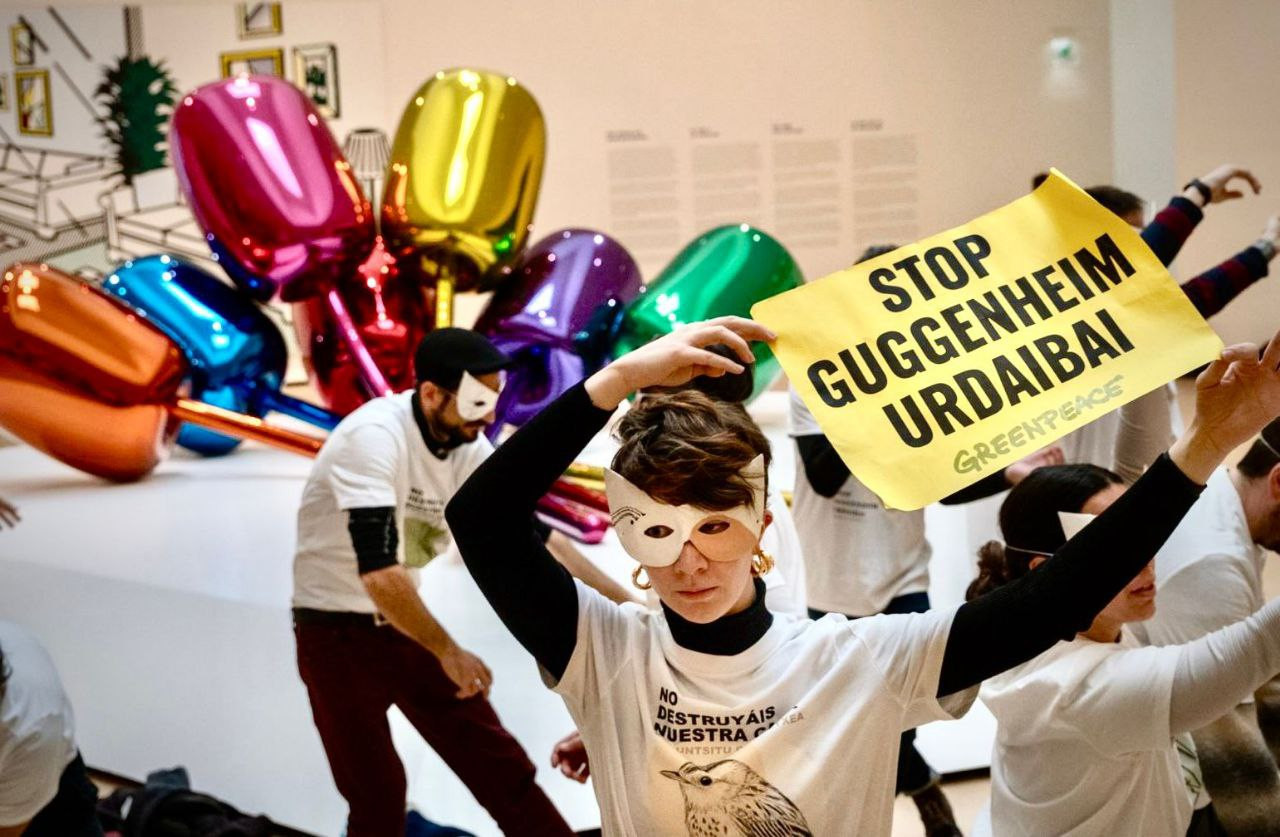

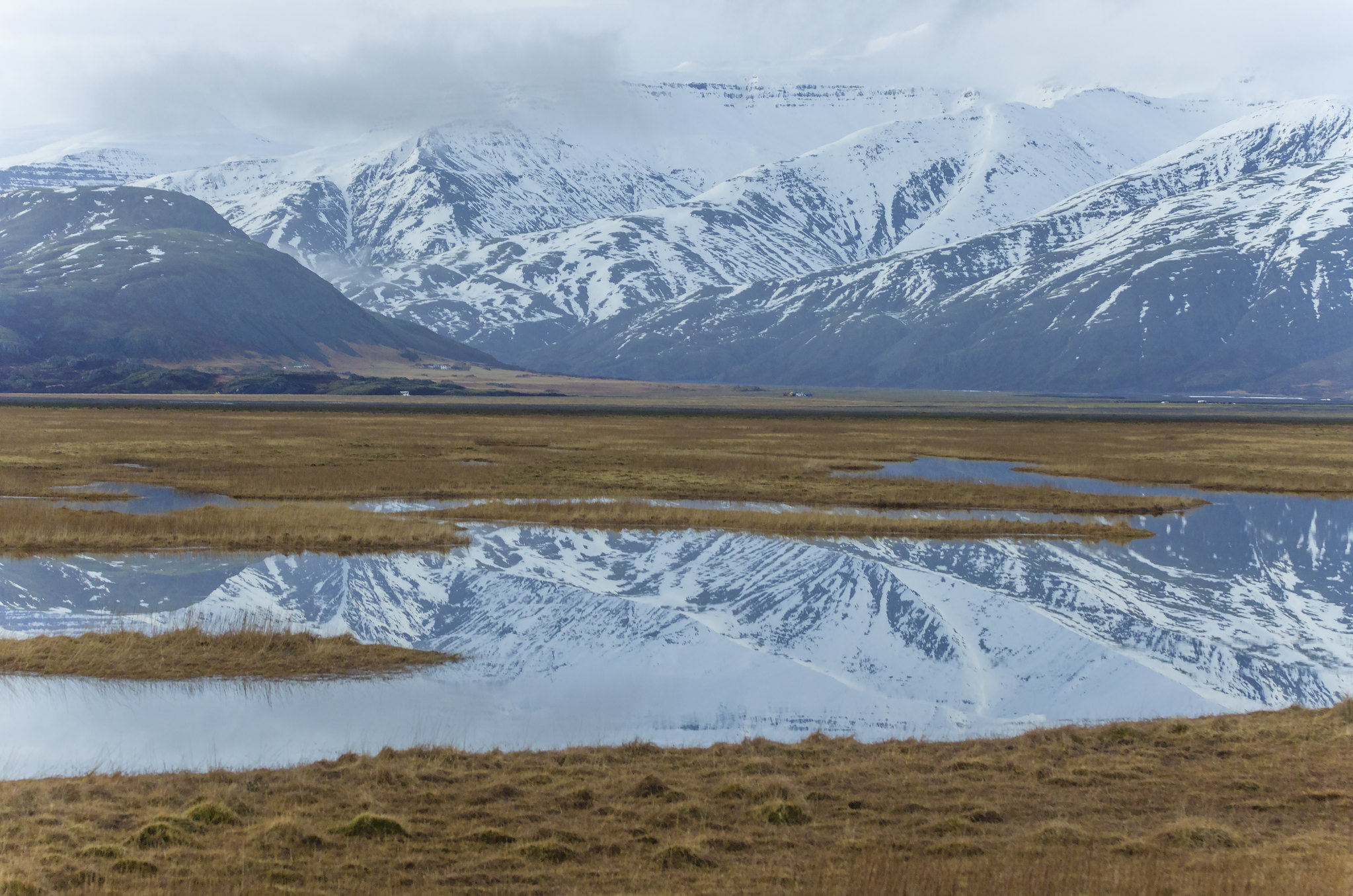
-(1).jpg)
